Co-Washing: 8 Mistakes To Avoid For Healthy, Hydrated Hair
Conditioners are the new shampoo and are here to stay for a good reason.
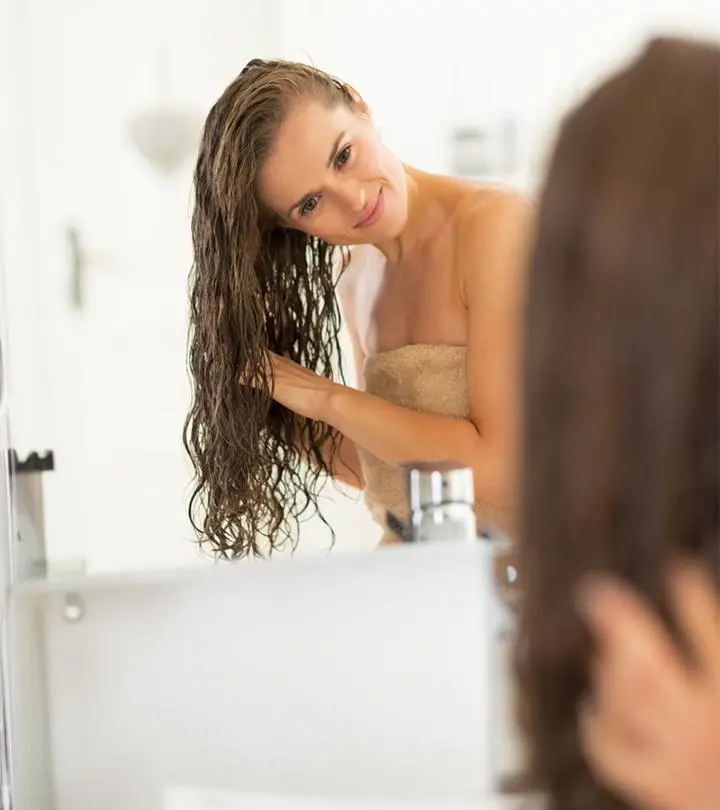
Image: Shutterstock
Kinky hair needs a lot of love and attention since it is easily damaged. If you experience frequent hair breakage after shampooing, you should opt to co-wash your hair. Natural cleansers and low-poo shampoos are other alternatives to conventional cleaning products. However, nothing works better than co-washing if you have dry and brittle hair. It hydrates your scalp and ensures that it doesn’t dry out. This article explains the benefits and downsides of co-washing and the mistakes you should avoid while co-washing your hair. Keep reading.
In This Article
What Is Co-Washing?
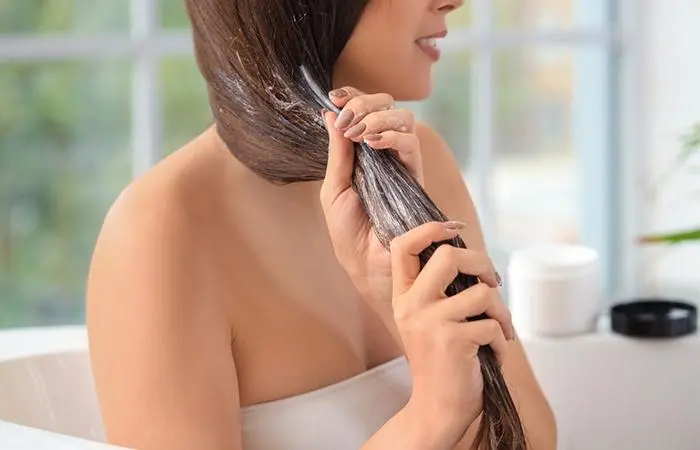
Co-washing is a method of hair cleansing that involves using hair conditioner instead of shampoo. It cleanses the hair without causing sebumi An oily, waxy substance produced by the body's sebaceous glands, that protects, moisturizes, and covers the skin. loss (1). This moisturizes the hair without any of the dryness caused by shampoo. Most cleansing conditioners do not contain silicones, petroleum, or mineral oils as they lead to heavy product build-up. Here, knowing the right method for using a hair conditioner will allow you to reap more of its benefits.
Co-washing cannot entirely replace shampooing, but it reduces the need to shampoo your hair. It can lead to serious build-up as the residue from cleansing conditioners can settle under the cuticle scales. It is required to use a clarifying shampoo at least once after co-washing hair twice or thrice to prevent product build-up (2). However, understanding the right method of doing shampoo to your hair is crucial for better results.
Co-washing was first created for naturally curly and textured hair types, but it’s suitable for sensitive hair as well. It uses non-ionic surfactantsi Cleansing agents with no charge, used in dishwasher and laundry detergents as they irritate the skin less than charged surfactants. like cetyl alcohol, which has low cleansing properties. Co-washing products can also contain cationic surfactantsi Positively charged cleaning agents, used in disinfectants and fabric softeners as they are very effective at destroying microorganisms. and oil.
So, here’s the most important question –
Key Takeaways
- Co-washing involves cleansing your hair with a conditioner instead of a shampoo.
- This method is especially beneficial for curly, kinky hair as it moisturizes the locks from roots to tips.
- After 2-3 times of co-washing, you may use a cleansing shampoo to rinse away any residual conditioner buildup.
Is Co-Washing Good For Your Hair?
Curly hair is very prone to damage due to its elliptical structure.
There is excess sebum production at the roots, but the hair strands are left dry since sebum does not reach it. While shampoos decrease hair combing friction and manageability, they can also cause hair breakage and dryness. Co-washing once or twice a week instead of shampooing your hair can help improve its health. It also has other benefits that are listed in the next section.
Benefits Of Co-Washing

- Reduces frizz
- Smoothens curls
- Enhances curl structure
- Softens hair
- Makes curls manageable
- Leaves the hair fresh
- Keeps the hair hydrated
- Keeps the hair clean
Though co-washing is a great gentle cleansing alternative for hair treatment, you can’t use any conditioner to carry out this method. Find out more in the next section.
Can You Co-Wash With Any Conditioner?
Not all conditioners can be used to co-wash hair. Regular conditioners are used to combat frizz, detangle hair, decrease friction, and improve combability (3). The most active ingredient in conditioners is silicone, i.e., mainly non-soluble silicone compounds like dimethicone. These non-soluble silicone compounds neutralize negative charging on the cuticle and rest under the cuticle fibers. This collection of non-soluble residue leads to product build-up.
Cleansing conditioners, on the other hand, usually don’t contain heavy non-soluble compounds, like silicones, petroleum, or mineral oils, that build up on your hair over time and lead to greasiness. They also don’t contain heavy surfactants, like sodium lauryl sulfate (SLS), that make your hair dry and cause breakage. That is why they are more suitable for co-washing.
To maintain healthy hair, here are some mistakes that one must avoid when co-washing their hair.
Co-Washing Mistakes To Avoid For The Healthiest Hair
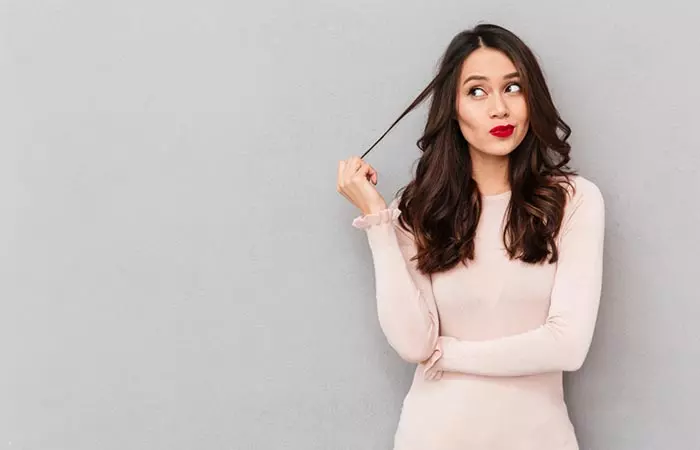
- Using Any Conditioner: Don’t use a conditioning shampoo or a conditioner to co-wash your hair. Conditioning shampoos, though mild, still contain surfactants that strip and damage your hair. Conditioners contain insoluble compounds that cause build-up in the absence of washing your hair.
- Using Heavy Products: Don’t use oil-heavy products on the days you co-wash your hair, whether they are styling products or regular hair care products. Products with high oil content can increase product build-up, making your hair feel weighed down and dirty. The heavy residue can also be difficult to wash off. Use lightweight hair care products whenever you co-wash your hair.
 Quick Tip
Quick Tip- Only Co-Wash Your Hair: Use a cleansing or detox hair mask to remove excess oil, residues, build-up, grime, and dirt from the scalp during co-wash intervals. You can also try a detox mask before co-washing your hair. It makes the scalp feel cleaner and fresher.
- Not Massaging Your Scalp: Massage your scalp whenever applying the co-wash to displace residue clogging pores. This makes it easier to remove dirt and build-up from your hair and scalp as you co-wash them. You can also massage your scalp just before you co-wash your hair.
- Not Using Natural Hair Cleansers: You can use a hair cleanser made of natural ingredients like apple cider vinegar as a final rinse to remove any residue not removed by the co-wash. Dilute the ACV before using it. Also, make sure you do a patch test before using ACV.
- Not Detangling Your Hair: Before co-washing, make sure to detangle your hair. It makes cleansing the scalp and hair easier. It also improves hair manageability.
- Not Having A Pre- And Post-Wash: Before and after you co-wash your hair, make sure to rinse it thoroughly with water. This helps clean the hair and scalp better.
- Not Using A Shampoo: Co-washing cannot be a replacement for shampooing hair. It just decreases the number of times you shampoo your hair to preserve hair health. It is important to use a deep cleansing or clarifying shampoo at least four times a month.
Now that you know all about co-washing, let’s check out how to do it the right away.
How To Co-Wash Your Natural Hair – Step-By-Step Tutorial
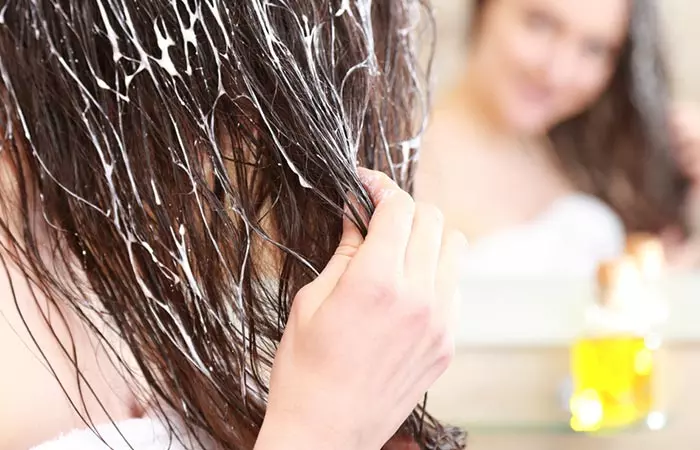
- Rinse your hair thoroughly with warm water. Make sure it is soaking wet and not just damp.
- Apply conditioner to your hair and scalp thoroughly.
- Massage it into the hair with your fingers. The massaging motion helps remove grime, dirt, build-up, and other impurities.
- As you apply and massage the conditioner, gently detangle your hair too.
- Put on a shower cap.
- Leave it on for five to ten minutes.
- Rinse off the conditioner with water.
Yvette Kemi, a blogger, shared that she likes to section her 4c hair to help coat it evenly with the conditioner. She states in one of her blog posts, “This makes life so much easier and makes handling my thick hair less of a hassle (i).” Also, instead of rinsing her hair with plain water, she likes to use an ACV solution. Lastly, Yvette applies coconut oil to her strands before moving on to the conditioner and adds, “This helps with the retention of moisture and protects my strands during the washing process.”
 Quick Tip
Quick TipHow Often Should You Co-Wash Your Hair?
Co-washing cannot be a replacement for shampooing hair. It just decreases the number of times you shampoo your hair to preserve hair health. It is important to use a deep cleansing or clarifying shampoo at least four times a month.
There are some people who should avoid co-washing. Find out who in the next section.
Is There Anyone Who Should Not Co-Wash Their Hair?
The co-washing method is suitable for individuals with minimal product build-up on the hair and scalp. It is not adequate for individuals who regularly use silicone-based hairstyling products (2). It can also weigh your hair down if you have naturally oily tresses.
Like any other hair care routine, co-washing too has its own set of pros and cons. Keep scrolling to find out what they are.
Pros And Cons Of Co-Washing
Pros
- Ideal for dry, sensitive, over-processed, and textured hair
- Does not strip away the moisture from your hair
- Gentle
- Detangles hair
- Neutralizes the negative charge on the hair surface that causes frizz
Cons
- Some co-washing products may cause hair loss (1)
- Low cleansing product
- Cannot entirely replace shampoo
- Non-soluble silicone co-washes can cause build-up
- A clarifying shampoo has to be used twice every month to prevent product build-up
Now, let’s answer a few frequently asked questions about co-washing.
Will Co-Washing Make Your Hair Greasy?
Co-washing products use non-ionic surfactants that are low cleansing compounds. These cannot be used to remove excess oil from your hair and can leave your hair feeling weighed down or greasy.
Is Co-Washing Better Than Shampooing?
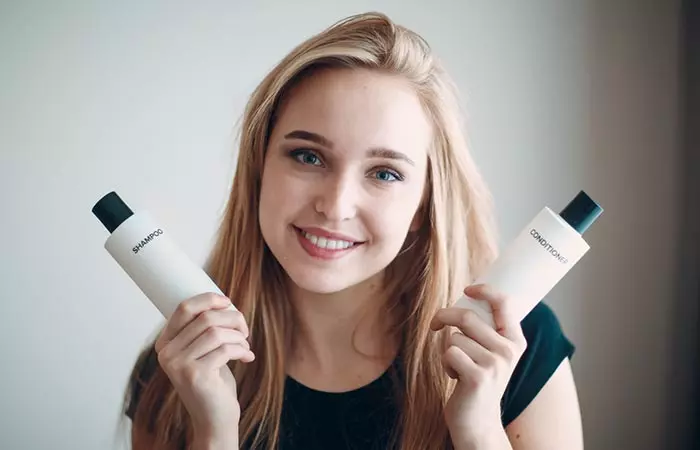
Shampooing curly hair can cause hair breakage due to sebum loss (1). Shampoos contain surfactants like sulfates that can increase frizz, impact hair fragility, and cause scalp dryness (2). Most shampoos have a high pH level that could affect scalp and hair health. Research shows that only 38% of branded shampoos have a pH level lesser than or equal to 5 (4). Co-washing products have lower pH levels, which can balance scalp and hair pH.
But using co-wash products alone can lead to seborrheic dermatitis and an oily scalp due to the low level of cleansing and high build-up (2). For best results, use a clarifying shampoo to cleanse hair in between co-washes at least twice a month.
If you have curly, dry, or brittle hair, co-washing can help as it regulates sebum production without stripping your hair dry. Add co-washing to your regular hair care routine to see an improvement in hair texture, quality, and manageability. But remember that co-washing alone will not keep your hair and scalp clean.
Infographic: A Guide To Co-Washing Your Hair Correctly
Co-washing is a great alternative for those with kinky or curly hair as it tends to get frizzy and dry quickly. This method not only conditions and cleanses your hair, but it also ensures there is no sebum loss and makes your curls more manageable. Check out the infographic below to learn how to co-wash properly for smooth and shiny hair.
Some thing wrong with infographic shortcode. please verify shortcode syntaxCo-washing is a go-to option for people with curly, brittle, and dry hair. This method can regulate the production of sebum without making the hair dry. It involves skipping shampoo and relying solely on conditioner for washing your hair. Include co-washing in your haircare routine, and get ready to see some amazing improvements in your hair quality, texture, and manageability. However, while you opt to co-wash your hair, remember that it alone cannot serve the purpose of cleaning your scalp and hair thoroughly. In that case, always keep the clarifying shampoo handy for occasional use.
Frequently Asked Questions
Is co-wash and conditioner the same thing?
No. Co-washing is a method of washing your hair using only conditioner. Conditioner is a hair care product that helps improve your hair’s appearance, texture, and manageability.
Does co-washing help hair grow?
No. Co-washing can improve hair quality and ensure healthy growth, but it does not boost hair growth.
Can you co-wash every day?
You can co-wash every day if you have straight hair and use a clarifying shampoo once weekly to eliminate buildup. For curly hair, co-wash your hair once or twice a week to avoid product buildup.
Is co-washing good for dandruff?
No. Co-washing does not help get rid of dandruff and dirt from the scalp. It can further aggravate the issue and cause buildup. If you have dandruff, use a medicated shampoo.
Illustration: What Is Co-Washing And How To Do It? A Complete Tutorial
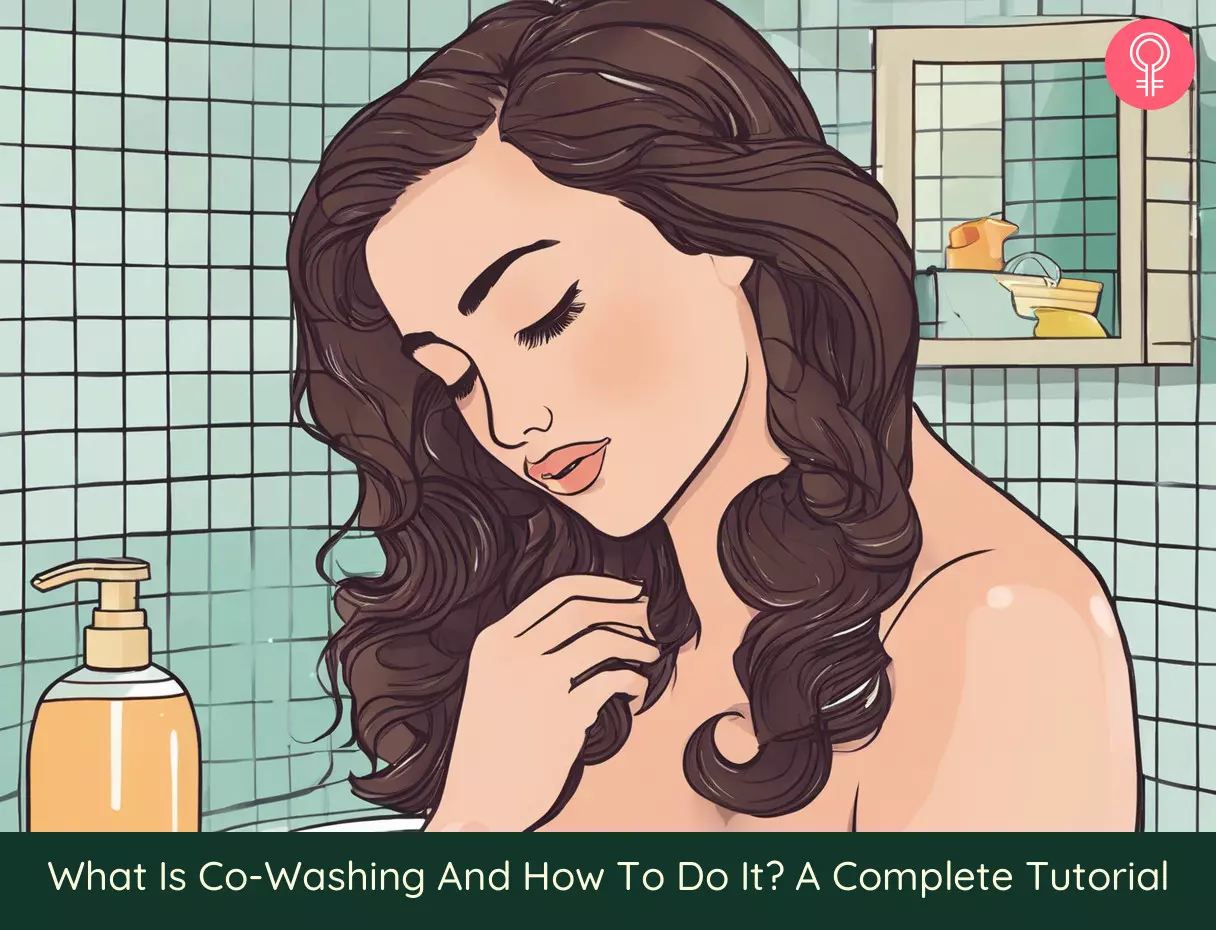
Image: Stable Diffusion/StyleCraze Design Team
Learn what co-washing is and how to use it to keep your hair healthy and hydrated. Get the best tips and tricks to keep your hair looking its best.
Personal Experience: Source
StyleCraze's articles are interwoven with authentic personal narratives that provide depth and resonance to our content. Below are the sources of the personal accounts referenced in this article.
i. How to: Co-washing my 4c hairhttps://yvettekemi.wordpress.com/2014/10/07/how-to-co-washing-my-4c-hair/
References
Articles on StyleCraze are backed by verified information from peer-reviewed and academic research papers, reputed organizations, research institutions, and medical associations to ensure accuracy and relevance. Read our editorial policy to learn more.
- Contemporary African-American Hair Care Practices, Practical Dermatology,
http://v2.practicaldermatology.com/pdfs/pd0515_CF_Hair.pdf - Pro and Contra of Cleansing Conditioners, Skin Appendage Disorders,
https://www.karger.com/Article/FullText/493588 - Hair Cosmetics: An Overview
https://www.ncbi.nlm.nih.gov/pmc/articles/PMC4387693/ - The Shampoo pH can Affect the Hair: Myth or Reality?
https://www.ncbi.nlm.nih.gov/pmc/articles/PMC4158629/
Read full bio of Tiffany Young
Read full bio of Annie Jangam
Read full bio of Eshna Das
Read full bio of Swathi E






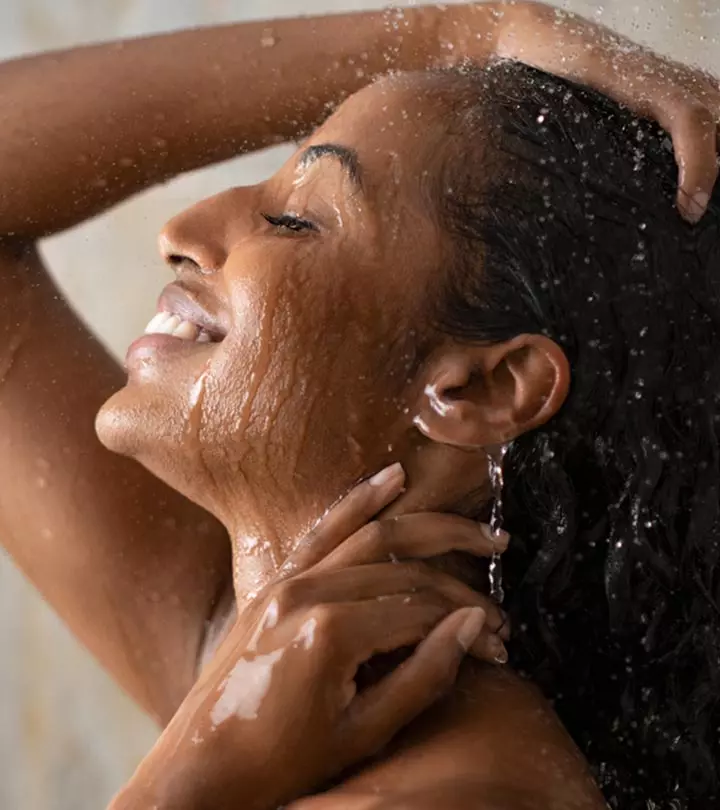
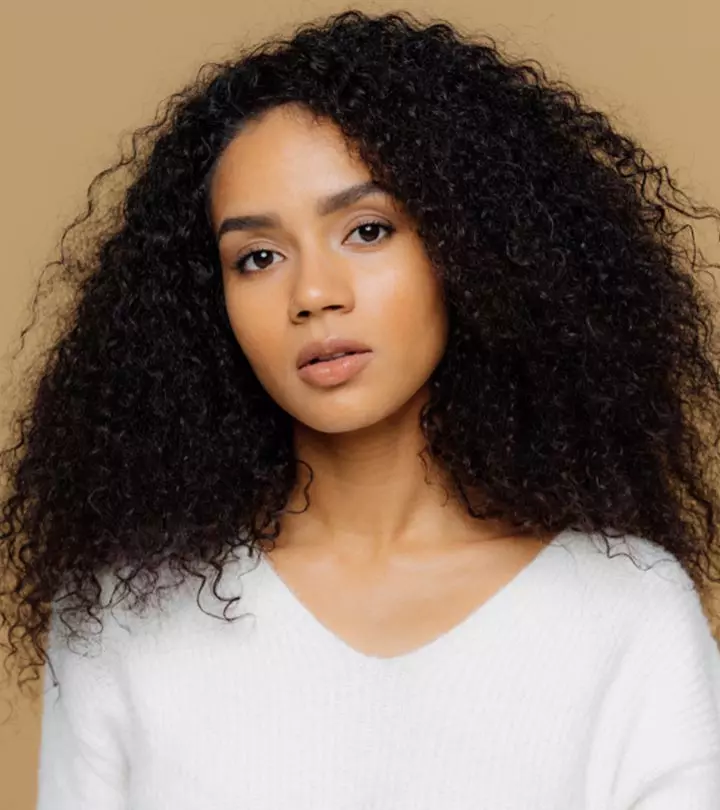
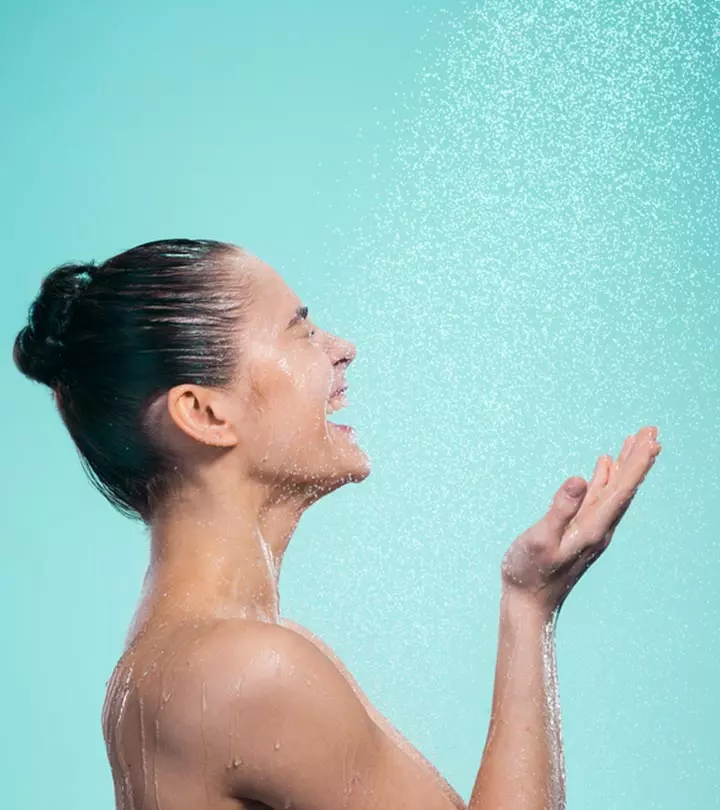



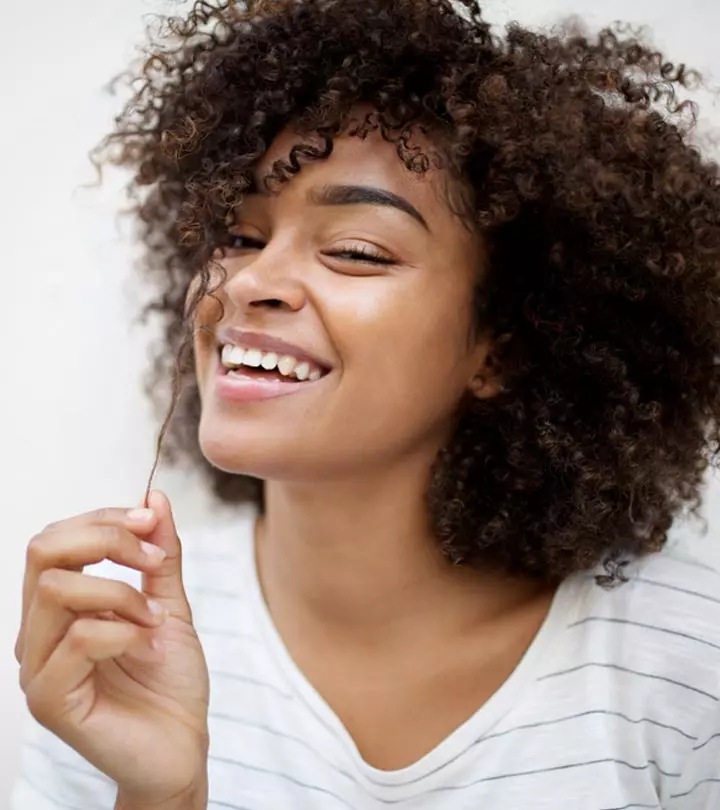

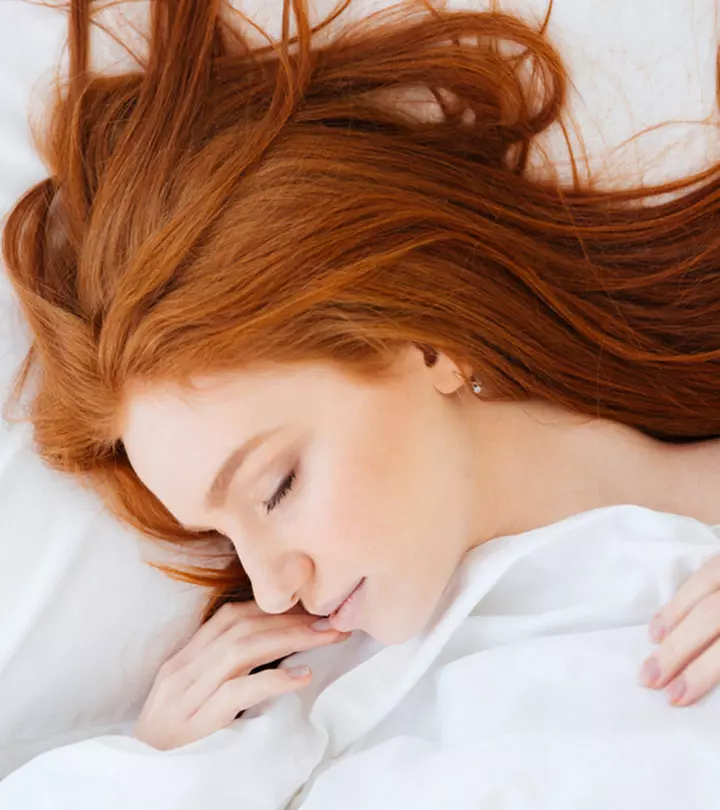

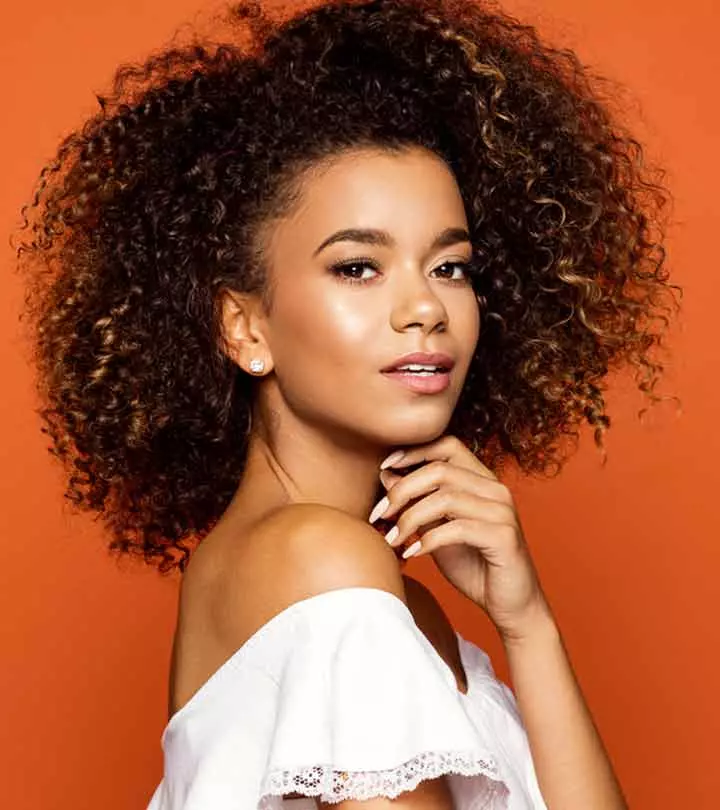
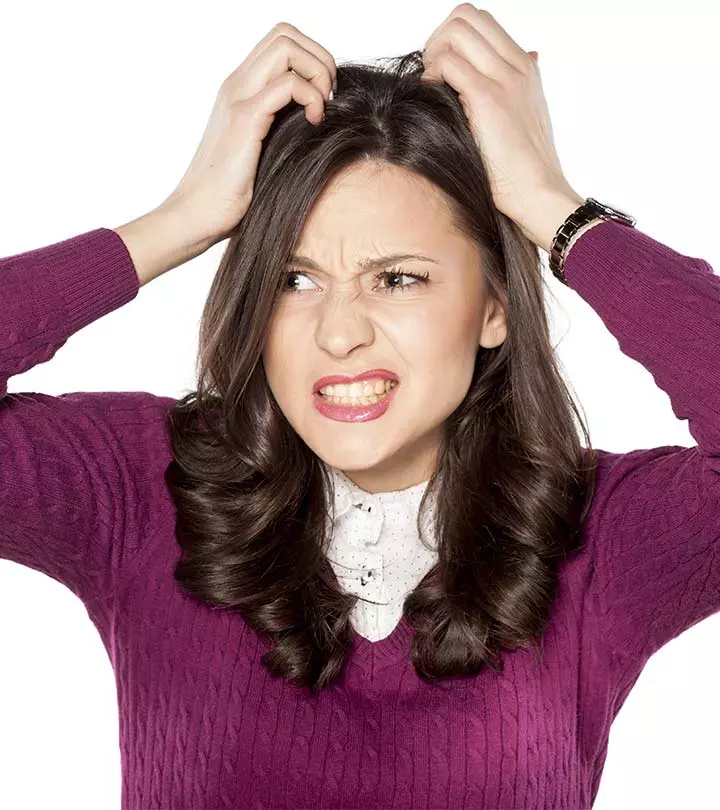
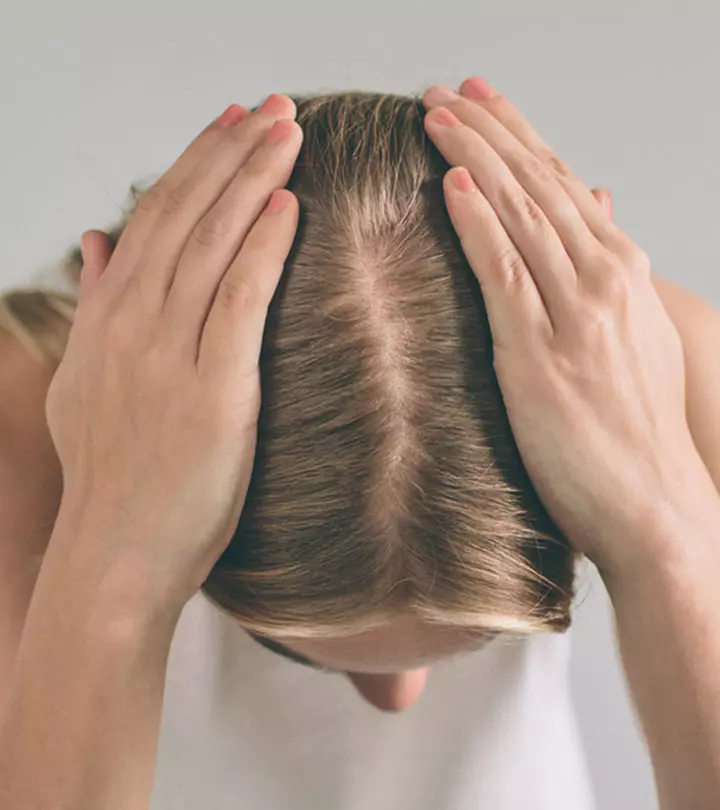
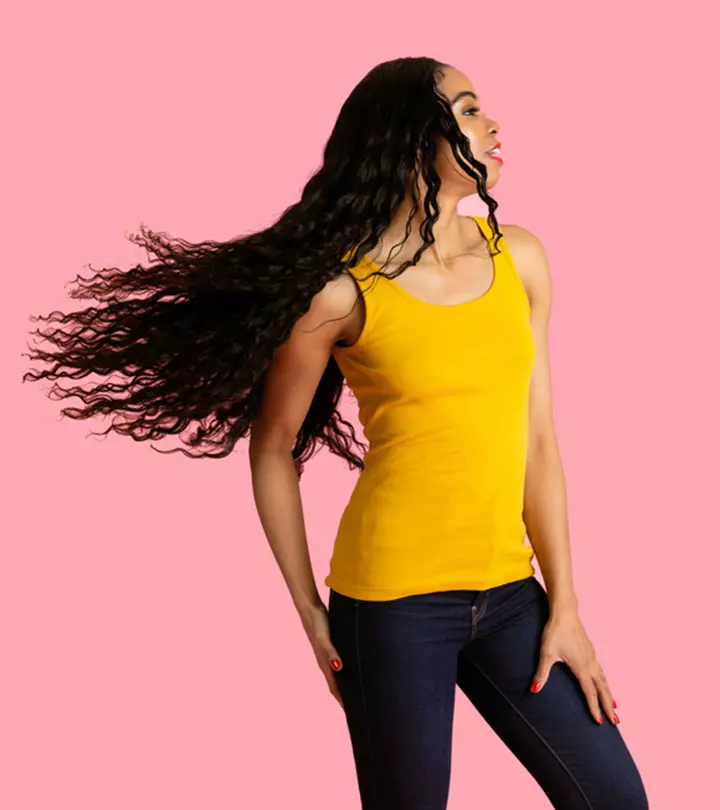
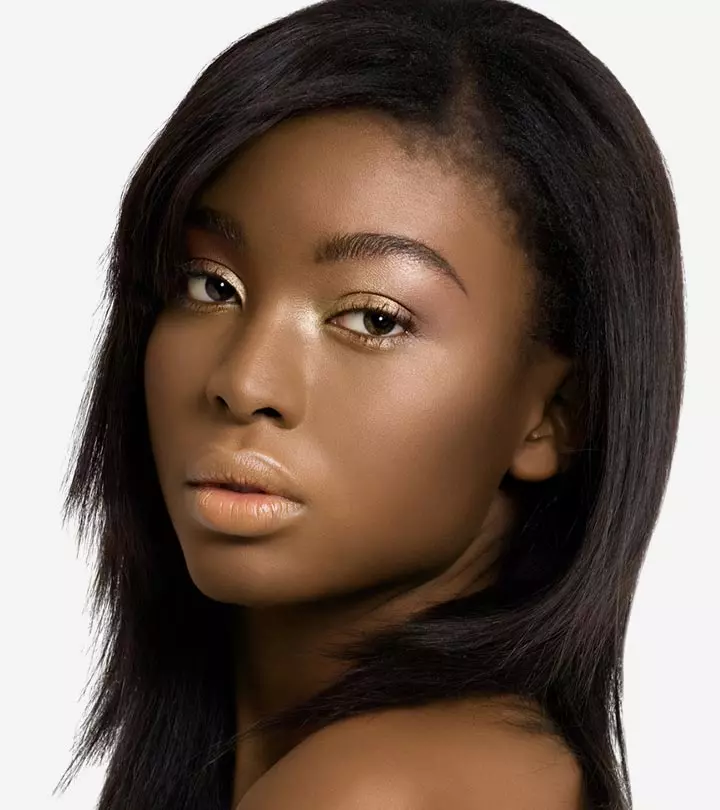
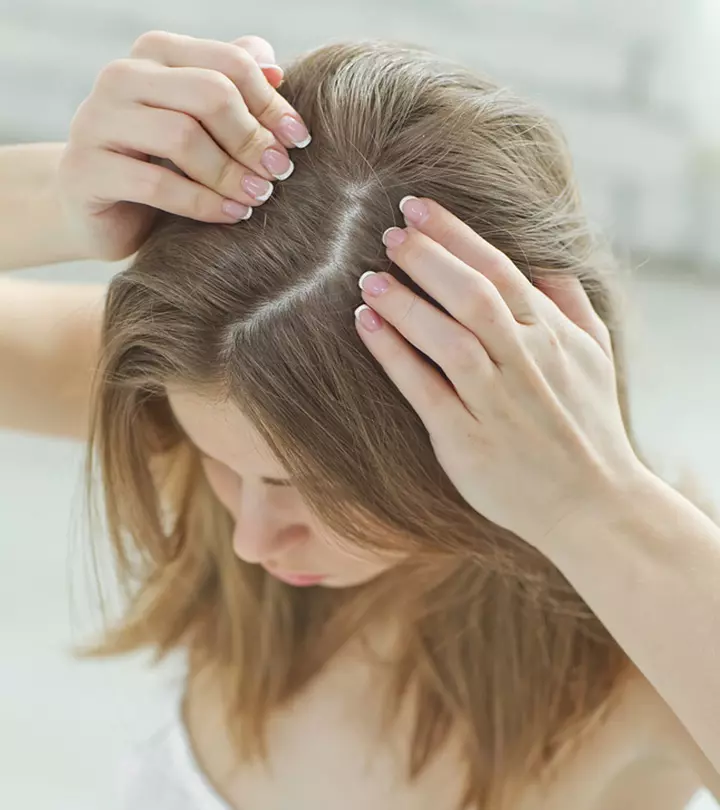
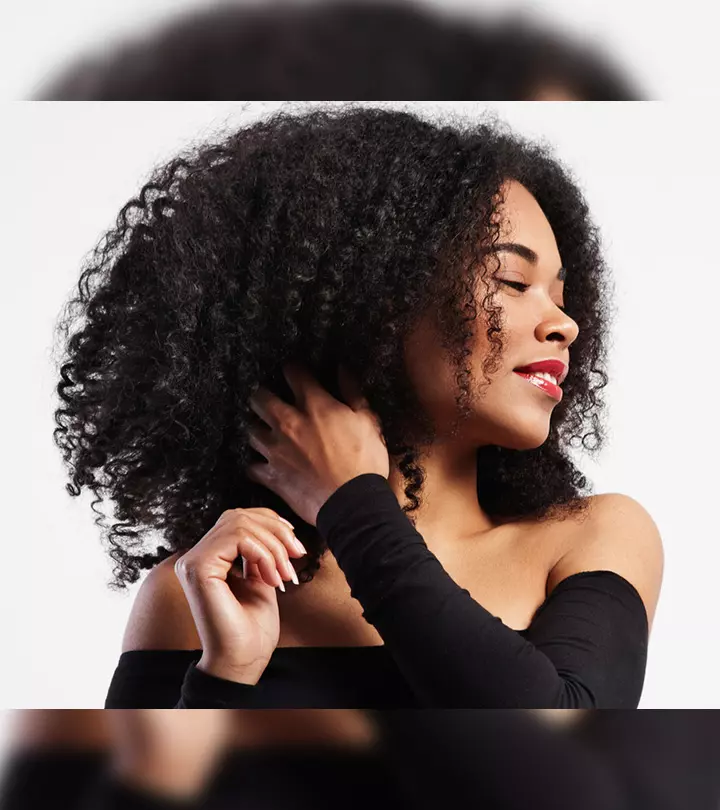
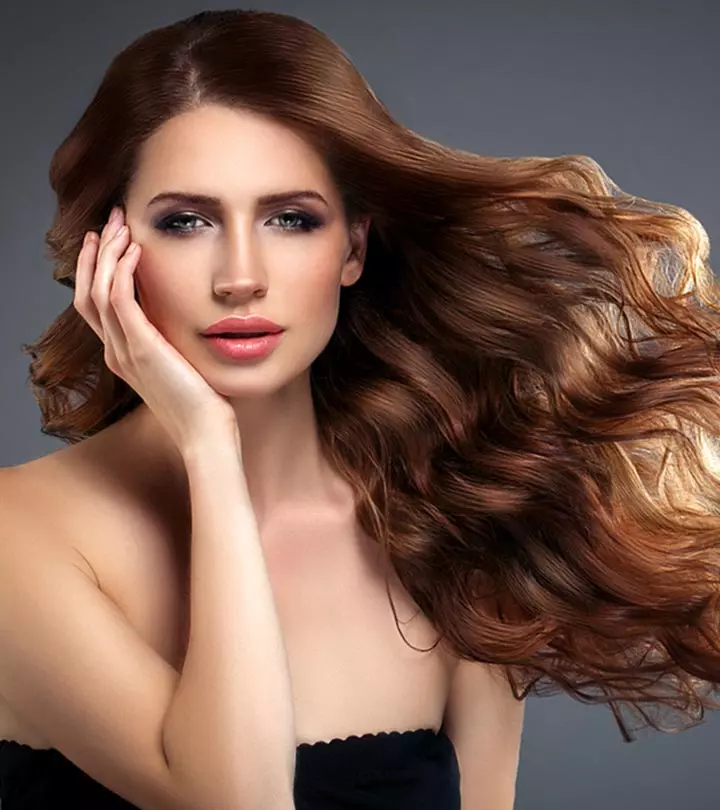
Community Experiences
Join the conversation and become a part of our empowering community! Share your stories, experiences, and insights to connect with other beauty, lifestyle, and health enthusiasts.